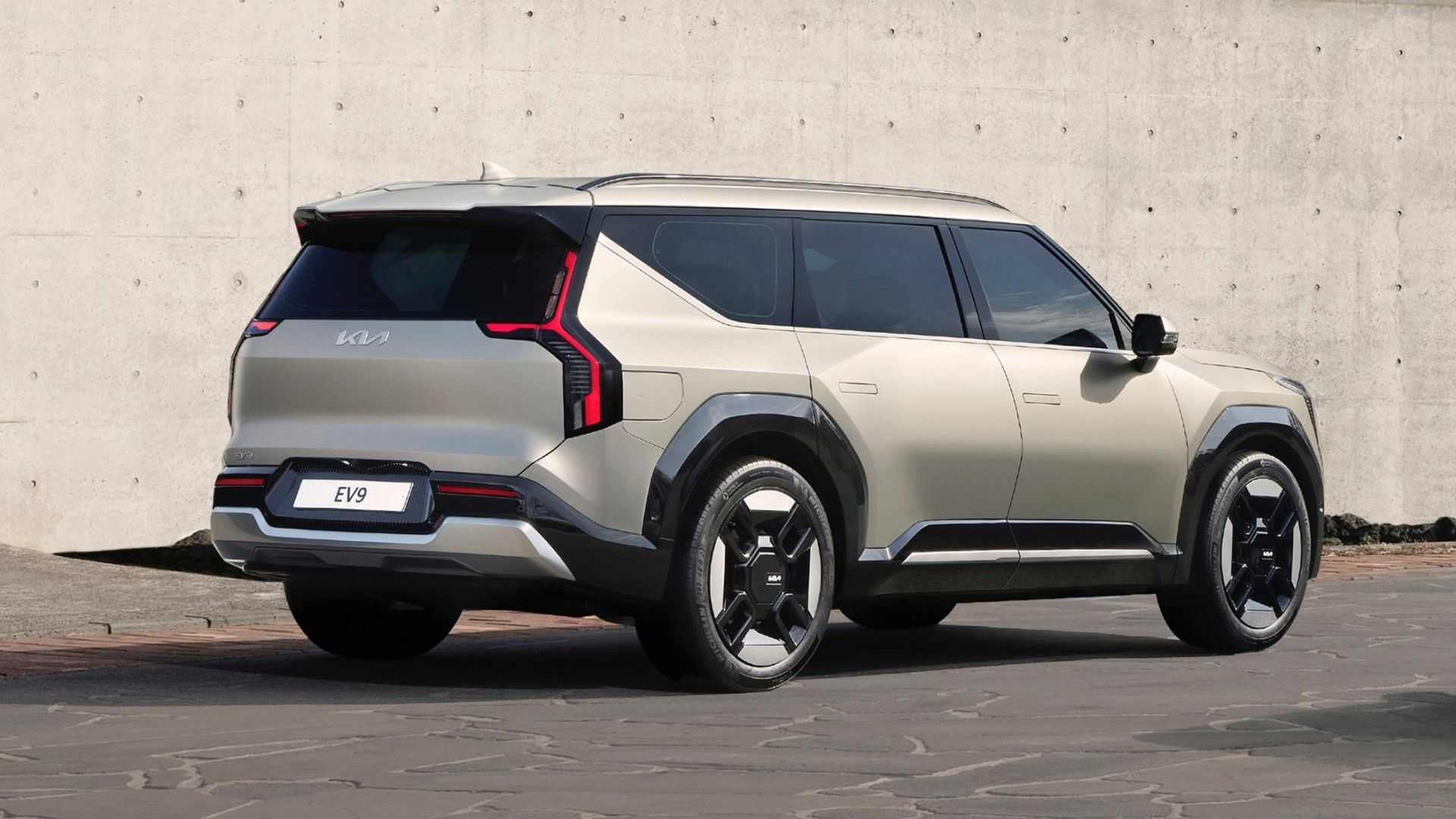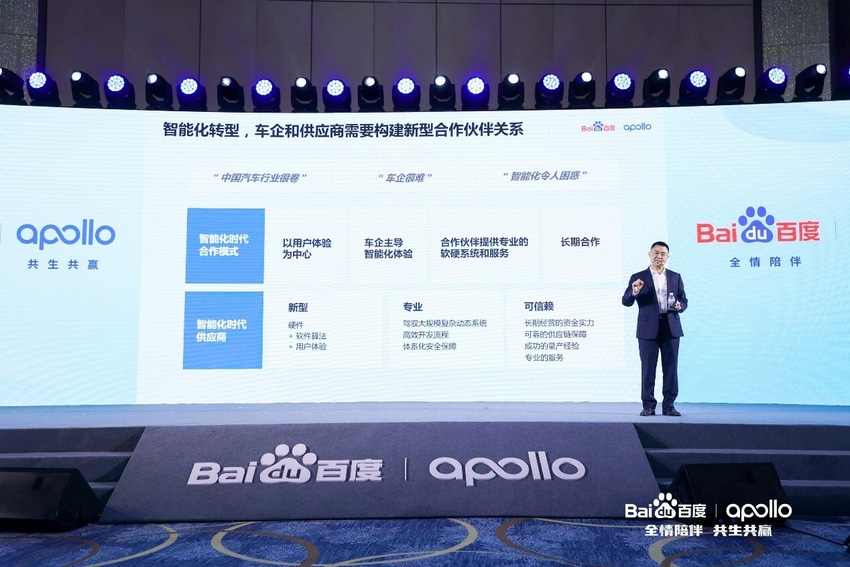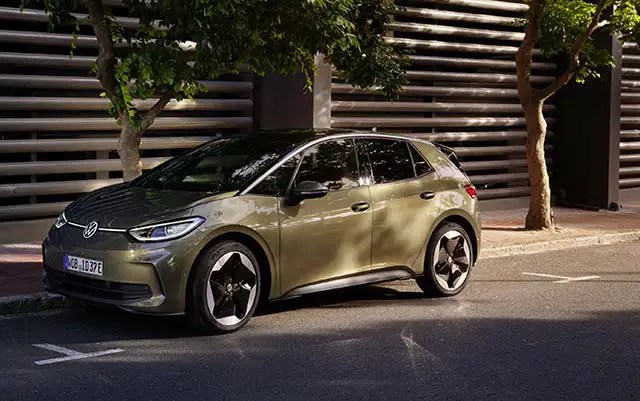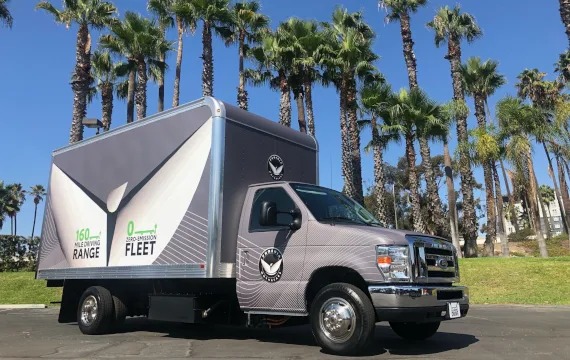It’s common knowledge by now that the electric car sector is experiencing rapid growth, and it appears that many individuals you converse with are contemplating the idea of owning an electric vehicle. Consequently, it shouldn’t come as a surprise that Honda and Kia have decided to join the ranks of automobile manufacturers aiming to enhance their electric vehicle production and sales targets in order to stay competitive.
This isn’t the initial instance where we have come across such announcements. In fact, some astute brands have already taken proactive measures to boost electric vehicle production in anticipation of the surge in demand. Kia demonstrated quite some time ago its ability to manufacture captivating electric vehicles, and we have been eagerly awaiting an increase in their availability. While Honda has dabbled in the electric vehicle segment to some extent, it could be argued that they have some catching up to do.
Recent data reveals that electric vehicle sales experienced an astonishing 60% growth in 2023, with one out of every seven passenger cars purchased worldwide being an electric vehicle. Electric cars currently constitute approximately 14% of all global passenger vehicle sales. Electrek reports that back in 2017, only one out of 70 vehicle purchases was an electric car, representing a mere 1.4% of the total market.
Electric vehicle sales have been steadily increasing for several years. Notably, certain markets such as Europe and China have experienced more pronounced growth, although the same cannot be said for the United States. However, some experts contend that 2022 may have marked a significant turning point.
While just a few years ago, electric vehicles may have appeared to some as a passing trend or a niche product, they have undeniably made significant strides toward mainstream acceptance. Tesla, for instance, sold well over 1 million units last year and an astonishing ~423,000 units in the first quarter of 2023 alone.
Against this backdrop, Kia, a subsidiary of Hyundai, has announced an expansion of its electric vehicle sales target. The company will invest an additional 24 trillion won ($18 billion) to achieve sales of 1.6 million electric cars by 2030, up from its previous goal of 1.2 million units. Kia anticipates that electric vehicles will account for nearly 40% of its total sales volume by 2030. Furthermore, the company projects that electric vehicles will contribute 9% to its overall revenue by the end of this year.
Meanwhile, Honda has recently disclosed its plan to ramp up electric vehicle production to over 2 million units by 2030. Its initial electric vehicles will be introduced through a partnership with General Motors.







